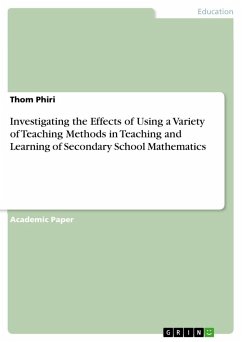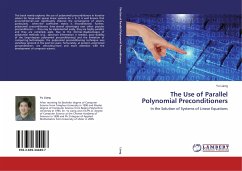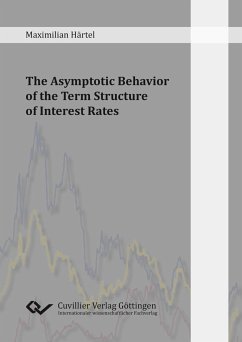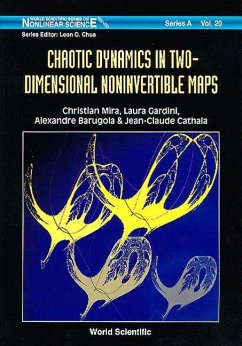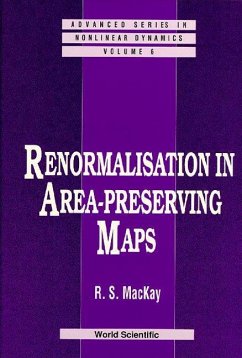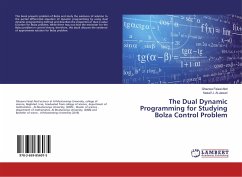
The Asymptotic Variety of Polynomial Maps
Versandkostenfrei!
Versandfertig in 1-2 Wochen
24,99 €
inkl. MwSt.

PAYBACK Punkte
12 °P sammeln!
The Jacobian Conjecture is one of the famous open problems in mathematics. As of now it is still unsolved in any dimension 2 or more. This book describes an approach to solve the 2-D problem. A geometric approach had tied the Jacobian Conjecture to certain complex affine algebraic surfaces. These curious surfaces have some kind of exotic structure. From the algebraic point of view we consider subalgebras of the 2-D polynomial algebra which are generated by the polynomials that parametrize these exotic surfaces. The verification of the Jacobian Conjecture reduces to the verification that there ...
The Jacobian Conjecture is one of the famous open problems in mathematics. As of now it is still unsolved in any dimension 2 or more. This book describes an approach to solve the 2-D problem. A geometric approach had tied the Jacobian Conjecture to certain complex affine algebraic surfaces. These curious surfaces have some kind of exotic structure. From the algebraic point of view we consider subalgebras of the 2-D polynomial algebra which are generated by the polynomials that parametrize these exotic surfaces. The verification of the Jacobian Conjecture reduces to the verification that there are no Jacobian pairs in any of these subalgebras. This approach leads to many equivalent formulations to the 2-D Jacobian Conjecture. Some are already known, other are new. In 1994 S. Pinchuck gave a clever counterexample to the so called Real Jacobian Conjecture. His construction led to a polynomial map of degree 25, which can be viewed as falling into the framework given in this book. It is related to the simplest exotic surface, given by the parametrization X=V, Y=VU, Z=VU^2+U. Unfortunately this will not lead to a counterexample over the complex field as was proved by L. Makar-Limanov.



